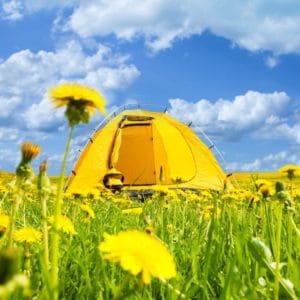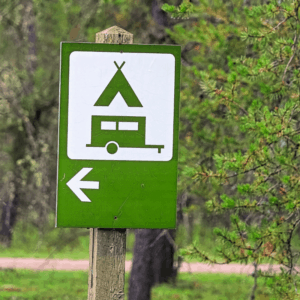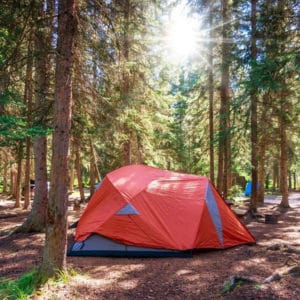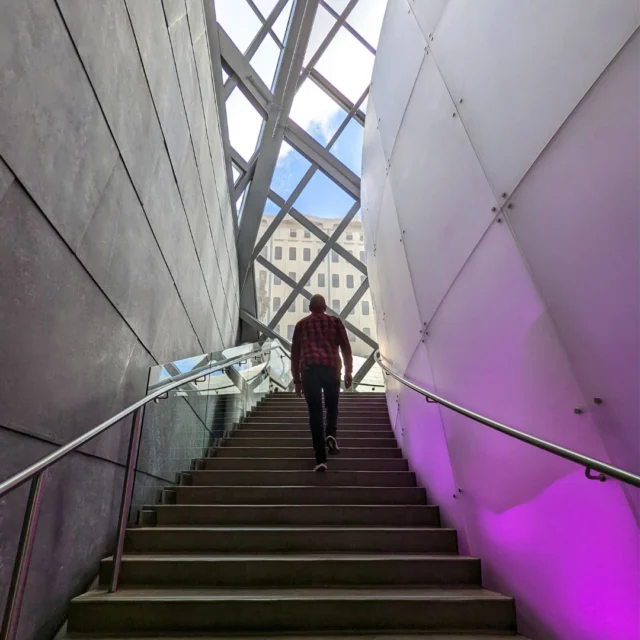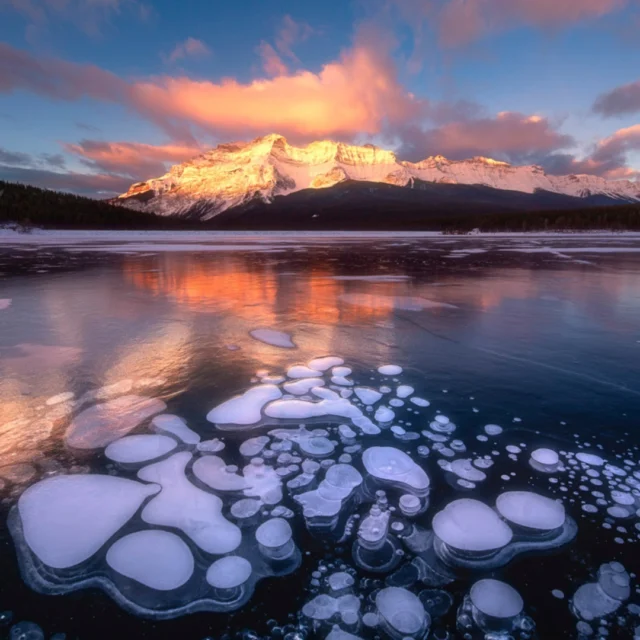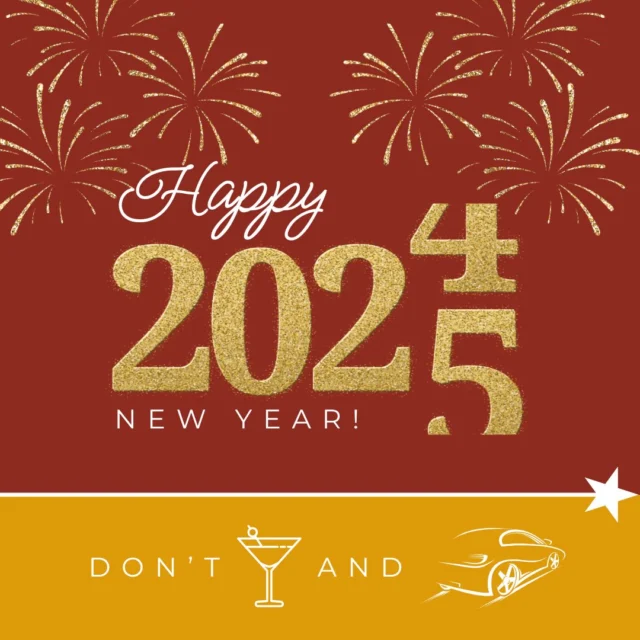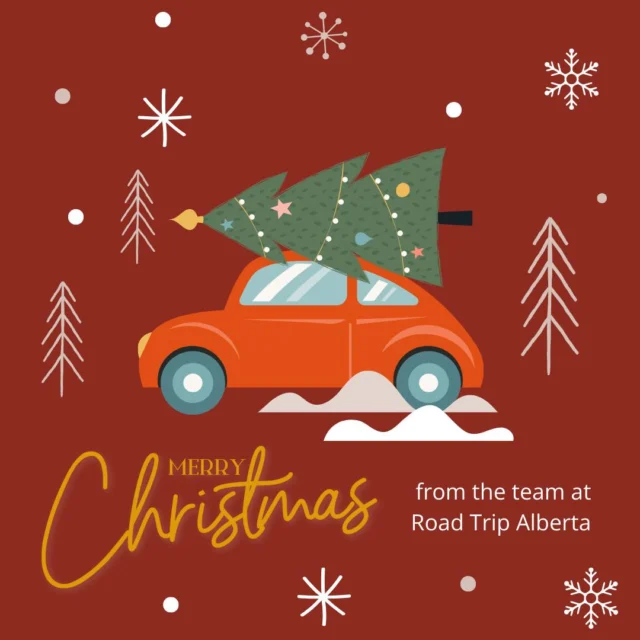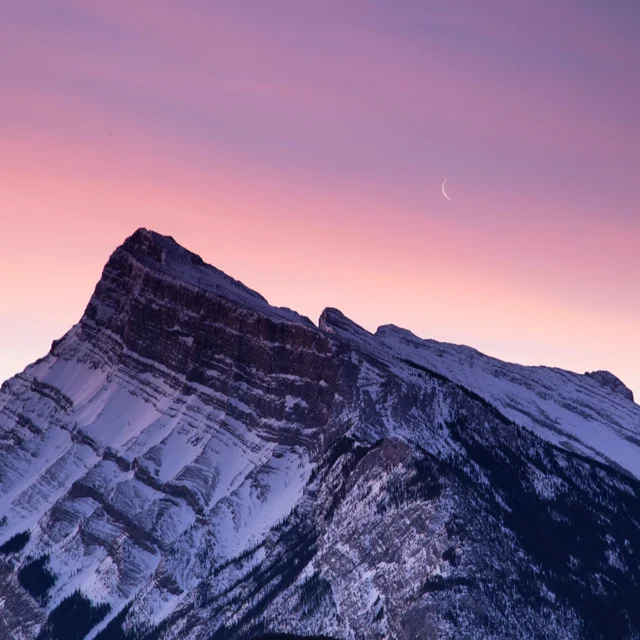Disclaimer: This page may contain affiliate links. Please review our full Terms and Conditions for more information and our Privacy Policy. Note that any pricing, operating hours, or other such information provided below may have changed since initial publication.
Compiled by the Road Trip Alberta team
Last updated on January 9, 2025
One of our favourite summer activities as kids growing up in northern Alberta was camping. Whether in a tiny tent, a tent-trailer, or an RV, summer meant camping with our family and pets. Enjoying this province’s great outdoors has always been a cherished pastime by many. In the past couple of years, the number of people who have gone camping in Alberta has skyrocketed, and that trend is expected to continue.
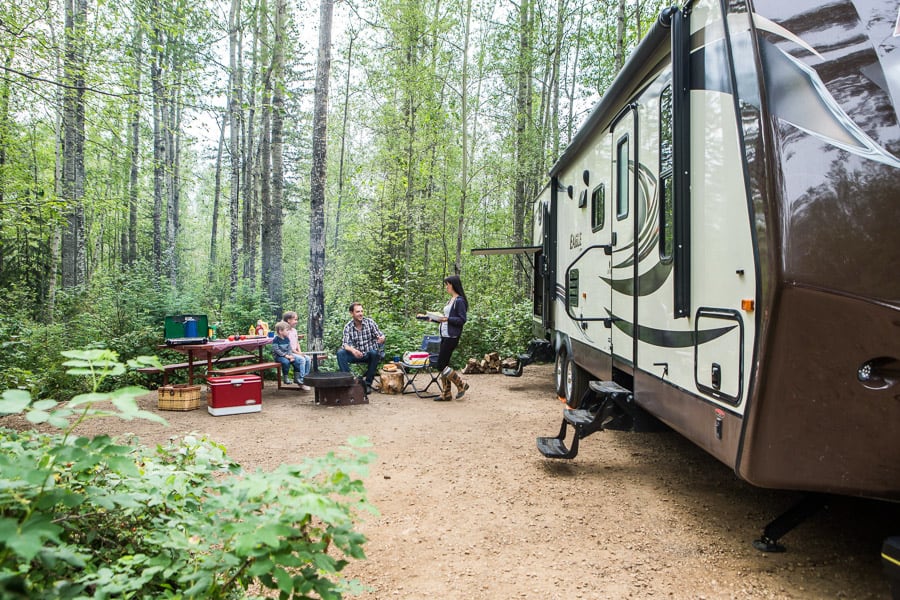
This means that planning ahead is key, especially if you want to camp in the primetime summer months of July and August. Campsites book up hella early, and those popular areas that offer “free” camping in Alberta (known locally as crown land camping) become crowded and sometimes overrun well before the weekend.
We’ve created this ultimate Alberta camping resource so you have a one-stop page in order to plan out your camping adventures. Below you’ll find where and when to go, links to other posts we have on specific topics, along with an extensive list of resources to allow you to make the most of your experience.
Where to Go Camping in Alberta
Our Top Picks
We’ve accumulated a lot of road trip miles and have also done our fair share of camping in this gorgeous province. Our list of cool campsites in Alberta will find you the perfect RV site, whether it’s in the Rocky Mountains, the hoodoos of Drumheller, or a cool inner-city campground with a height-defying playground!
Camping in Alberta National Parks
Alberta is blessed with five national parks that span the province and protect the most pristine (and thus coveted!) land. All of the parks allow camping, with some offering several more options and amenities (such as fire pits, firewood, showers, picnic tables etc) than others.
Front-Country Camping
The opening dates for the reservation system are noted below (the actual dates vary by park).
- Banff National Park: Booking starts on Friday, January 24, 2025, at 8 am MT. 17 different campsites inside the park allow everything from tents to RVs and even some “oTENTiks” (semi-permanent wooden structures covered with canvas). Nightly fees for 2024 range from $16.75 up to $78. On top of that is a $9.50 charge for a fire permit (firewood included) and the standard National Park access fees. oTENTiks are available at Tunnel Mountain and Two Jack Lakeside for $133.25/night. See our top picks for camping in Banff, or also use this link to sort through all of the options and make your reservation.
- Jasper National Park: Booking starts on Tuesday, January 28, 2025, at 8 am MT. 13 front-country campsites in the park offer a lot of diversity, including oTENTiks. In addition, backcountry camping permits will allow you to get deep into the beautiful nature of the area. Nightly fees at the campsites range from $17.50 to $53.50, and a night in one of the oTENTik cabins is $133.25. There is an $11 fire permit fee as well. This is all on top of the standard National Park access fees. Camping in the Canadian Rockies, especially Jasper, is extremely popular, and there have been summers where access to the park has been stopped entirely because it has simply been full. (Book early so that you don’t get turned away!) Check out our guide to the best Jasper camping spots and book your reservations using the links within. Please note that portions of Jasper National Park remain closed or affected due to impacts from the Jasper Wildfire. Please check for up to date information.
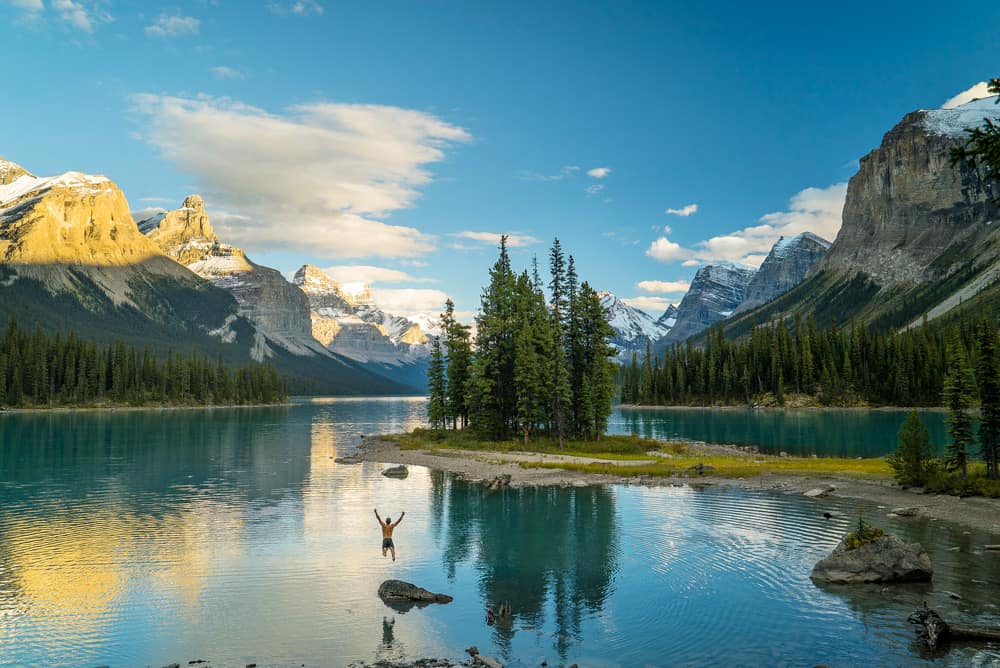
- Waterton Lakes National Park: Booking starts on Wednesday, January 22, 2024, at 8 am MT. There are three campsites, but the Crandell Mountain Campground is still closed due to damage from the 2017 Kenow Fire. That leaves Belly River and the Townsite Campground, the latter has 135 serviced sites along with a number of unserviced spots for tents. Belly River is primitive camping only. Nightly fees range from $19.75 to $42.50, plus the standard Parks Canada fee. Check out our guide to camping in Waterton and book your reservations using the links within.
- Elk Island National Park: Booking starts on Wednesday, January 22, 2024, at 8 am MT. This park is a popular place for Edmontonians to go for a day trip – it’s only 50 km to the east – but smart people spend the night! There are several camping options for all levels of camper, including oTENTiks and equipped camping sites fitted with a tent, sleeping pad, and more. Nightly fees range from $17.50 to $28.50 for an equipped site, and oTENTiks are $133.25. Fire permits are $9, and the standard Parks Canada fee also applies. Click here to reserve your spot.
- Wood Buffalo National Park: Booking starts on Wednesday, January 24, 2024, at 8 am MT. This is the largest national park in Canada, but it has limited road access. The only option for regulated camping is the Pine Lake Campground, located 60km south of Fort Smith, NWT, and the group site called Kettle Point Group Camp. Cabin rentals are also available ($106.50 a night). Standard Parks Canada entry fees also apply.
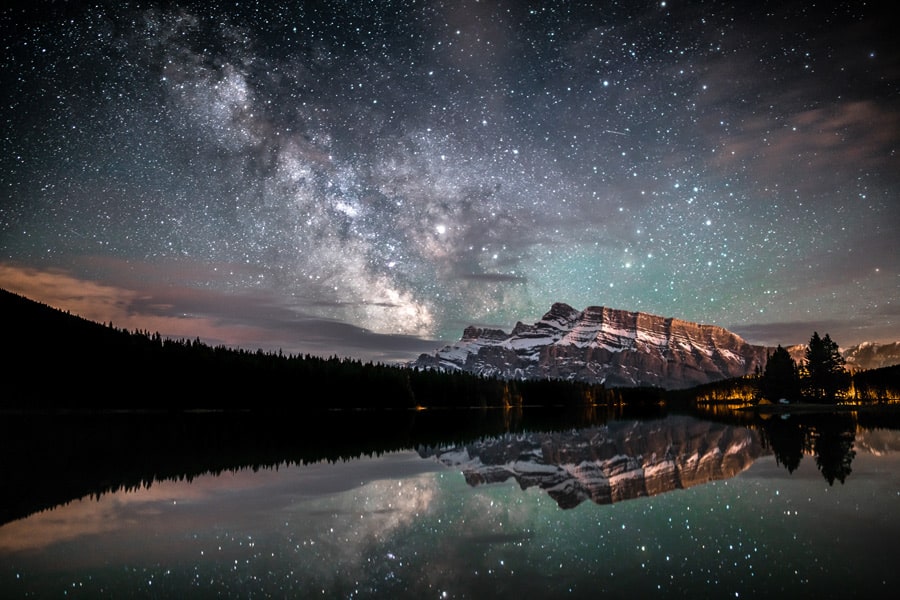
Back-Country Camping
Alberta’s national parks encompass a large area, and campers aren’t restricted to the drive-in sites noted above. You can literally walk as far as your legs will take you and find some great spots to stay in the vast wilderness. And if you aren’t a fan of sleeping in a tent, some lodges can be booked.
All of them require the purchase of a backcountry permit, which starts at $12.75 per camper, per night, plus a booking fee. Again, the booking system starts to open in late January and varies by location.
- Banff National Park: The Parks Canada website has some great trip ideas based on length, and you can buy your permit online when it opens.
- Jasper National Park: There are more than 1,000 km of hiking trails, which means there are a lot of options to choose from. Reservations can be made starting in early February.
- Waterton Lakes National Park: There are ten backcountry campgrounds inside the park (a couple are currently closed due to damage sustained by the 2017 Kenow fire). Reservations can be made by calling (403) 859-5133. For more info, click here.
- Elk Island National Park: There is only one option for backcountry camping here (at Oster Lake), and only six campsites are available. It is only a 6 km hike, so it may be a great spot for beginners! Reservations can be made here.
- Wood Buffalo National Park: The park is your oyster, and you can literally camp anywhere in this massive area. There are, however, two backcountry campsites (at Rainbow Lakes and Sweetgrass Station). Register and purchase your park permit at the Visitor Reception Centre in Fort Smith or Fort Chipewyan before you head out.
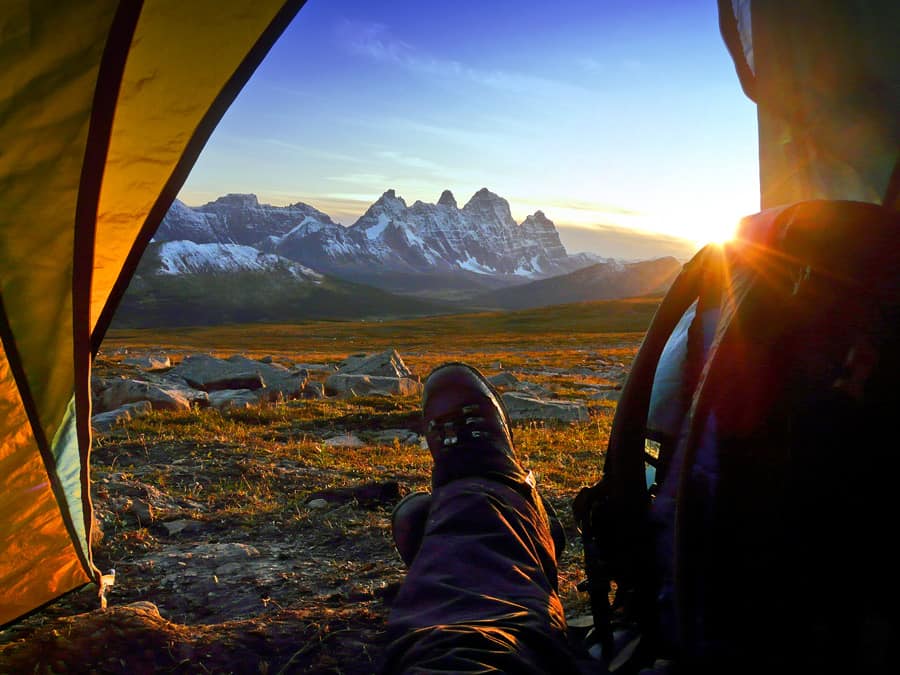
Camping in Alberta Provincial Parks
Alberta currently has 179 provincial parks which have campgrounds – thus this provides a fantastic number of options! This also means that there are too many for us to list here. (But we’re noting some of our favourites below.)
In order to alleviate stressful launch dates (see the National Park system!), starting in 2022, the reservation system became available year-round. Reservations for individual sites will open 90 days in advance, and group and comfort camping will open 180 days in advance. Additionally, campers can only book 10 consecutive dates, as opposed to 16 in years past.
Fees vary by campsite, with details on the ranges given here. Sites are certainly going to go quickly, and Alberta Parks offers some great tips on how to secure a reservation.
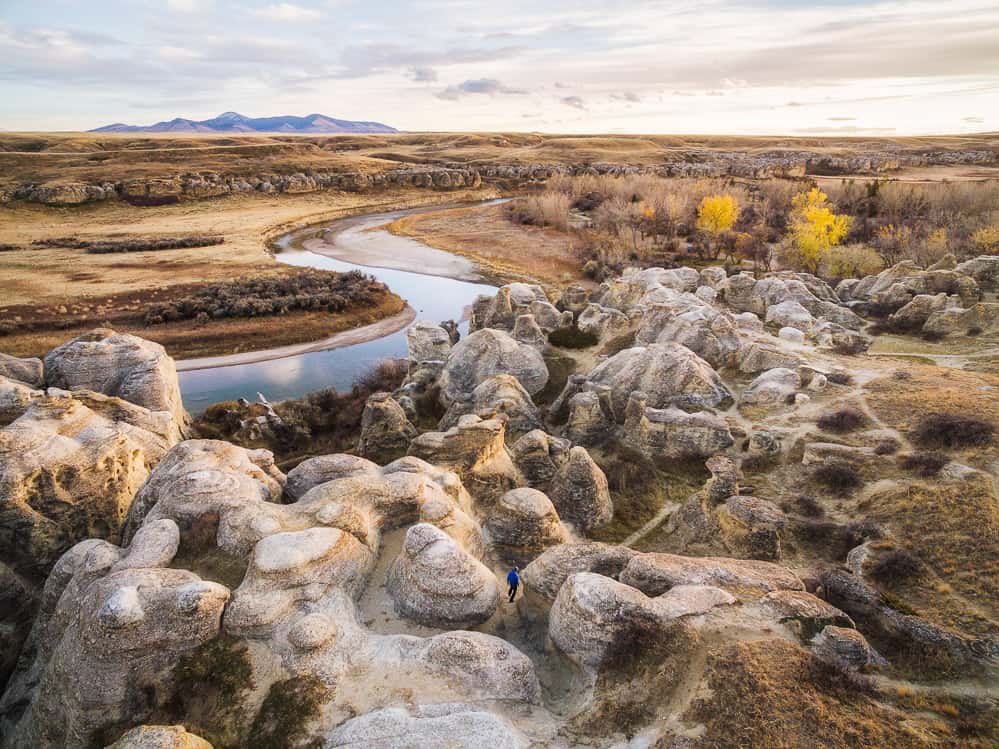
Some of our Fave Provincial Park Campgrounds
All reservations for the below campgrounds can be made here.
- Writing-on-Stone Provincial Park: A popular choice among southern Albertans, this recently recognized UNESCO World Heritage Site is open year-round with 64 campsites ($31/night for unpowered, $39/night for powered). There’s potable water and flush toilets and a few of the more popular sites sit right on the beach of the Milk River. There’s plenty of hiking in the area and even tours to see Indigenous Rock Art which is a truly exceptional experience and a must-do. Find more information here.
- Spray Valley Provincial Park: This is the ideal place to set up camp to enjoy some gorgeous scenery of the Kananaskis country. Hikes in the area are plenty, plus you can drop your canoe or kayak on the Spray Lakes reservoir. There are 50 unserviced sites at the Spray Lakes West Campground that are first-come-first-serve (at $31/night); our advice is to get there early so that you don’t miss out! More info here.
- Sir Winston Churchill Provincial Park: Known for birding and its old-growth forests, this park actually sits on an island in Lac La Biche (northeast of Edmonton), and offers lots of sandy beach space. There are 72 powered campsites available at a rate of $42 per night. More info here.
- Dinosaur Provincial Park: Located in the heart of the Canadian Badlands, waking up among hoodoos in one of the 122 campsites can be a surreal experience. Most are powered (but not all), and just over half of them are open year-round. Comfort camping is also available. And while you’re walking one of the many hiking trails in the area, keep your eyes peeled for dinosaur fossils that you may kick up! Go here for more information on the park.
- Castle Provincial Park: This is Alberta’s newest provincial park, and the Beaver Mines Lake Campground offers tree-lined sites and some with beautiful lake views. The 76 campsites are unserviced and are priced at $28/night. If you’re an avid hiker, don’t miss taking on Table Mountain while you’re there. More info here.
- Pigeon Lake Provincial Park: This spot is especially popular because of its proximity to Edmonton. It is home to one of the largest lakes in the province, and the most beloved by visitors and locals! We have a whole article dedicated to Pigeon Lake campgrounds (that also includes private sites in the area too).
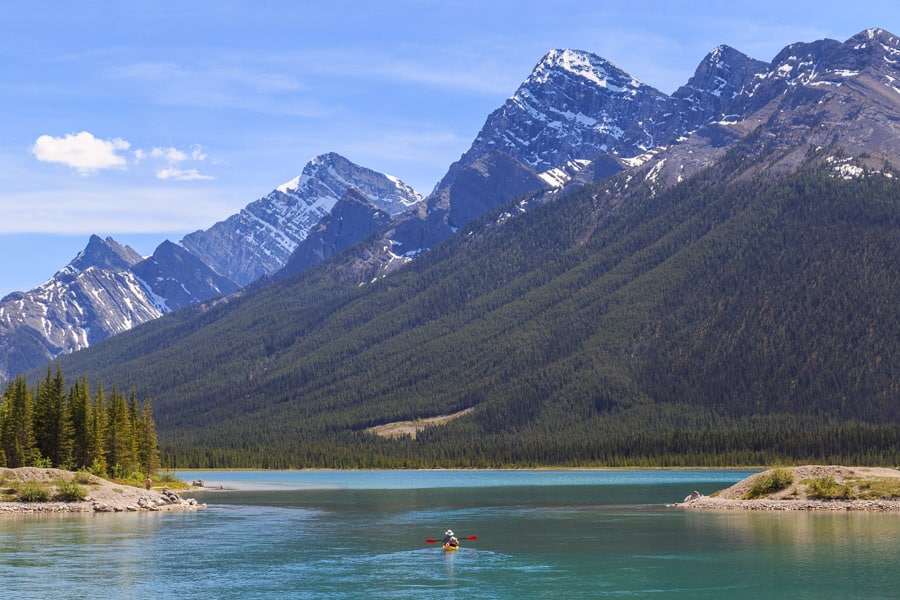
Private Campgrounds in Alberta
Nearly every city or town has at least one private campground on offer, plus more in the surrounding areas, and they can be found as simply as googling camping in the region. These options are usually well-appointed, easy to access, and can be more economical than camping in government-regulated parks. It is our intent to provide more detailed guides by region, but for now, start with this guide to the best Drumheller camping spots, if you’re looking for a great experience in the Canadian Badlands. We also have articles on Gull Lake campgrounds and Sylvan Lake campgrounds, if you feel like beaching it for a few days!
We also have some of our favourites highlighted in this coolest campsites in Alberta post.
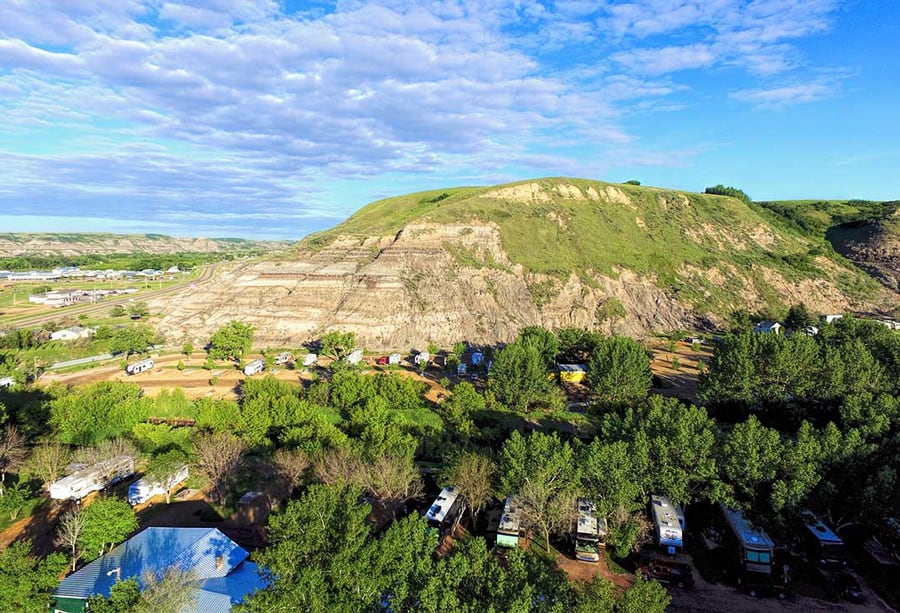
Crown Land Camping
Beyond the public and private sites across the province that you can camp in for a fee, Alberta residents are also able to peg their tent or drive an RV onto public land use zones (PLUZ aka “crown”) land. It is also commonly known as “backcountry” camping, “random” camping, or “boondocking”. However there are restrictions that campers should be aware of.
Roughly 60% of Alberta’s land is not privately owned, meaning crown land can be found all over (although mostly in the northern half of the province). And if you want to take advantage of camping on public land, you benefit by not paying a site fee, and if you’re lucky, you’ll also find a beautiful slice of nature that you can enjoy all to yourself.
Finding that heavenly spot can be a bit of a challenge for beginners, so check our guide to Alberta crown land camping to help you get started.
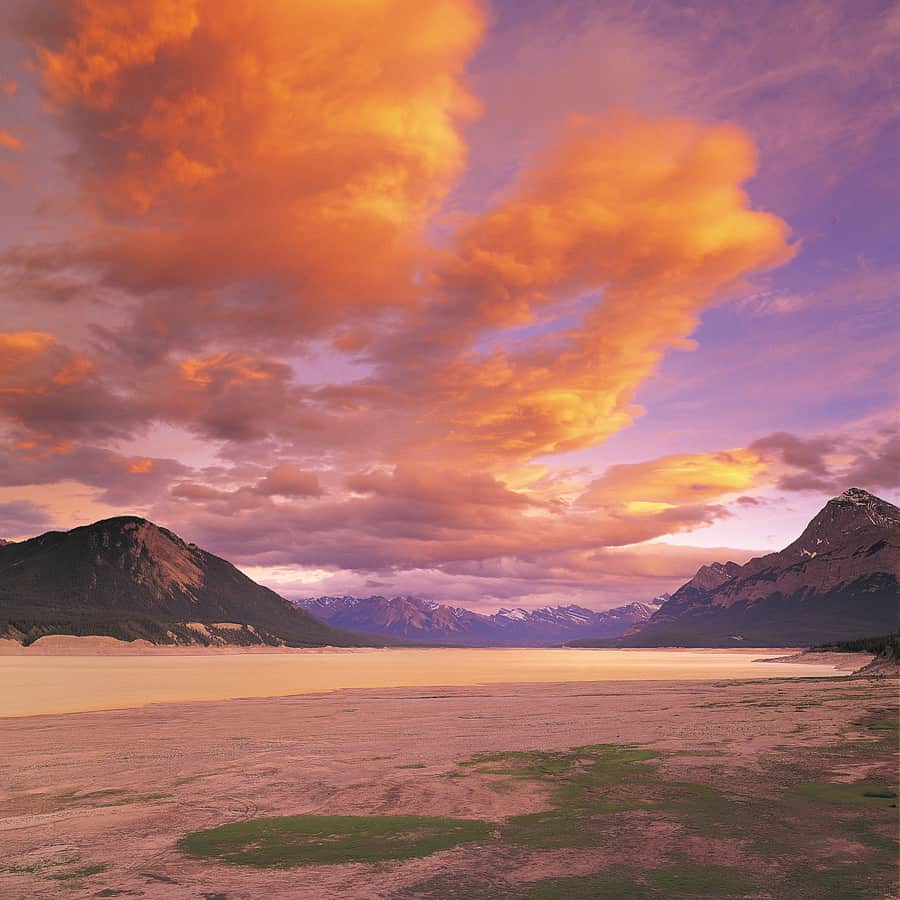
When to go Camping in Alberta
Deciding on when to go camping is dependent on how adventurous you are!
The busy season is typically during July and August – not only because school is out and that is when families and friends are most likely to go camping in Alberta together, but also because the weather is most optimal. While you still should not be surprised if you find snow on your tent in July in the mountains (it happens!), temperatures across the province usually reach daytime highs of 20-25C and can even get into the low 30s. Expect cooler days in the shoulder season (May – June, and September -November) and a greater chance of pesky snow flurries. It is best, no matter when you go camping in Alberta, to be prepared for all weather.
Winter Camping in Alberta
Yes, you can pitch your tent in the winter months too!
If you’re up for a frosty adventure, we have a guide dedicated to Alberta winter camping that will help you decide where to go and give you lots of tips on how to keep warm and do it safely.
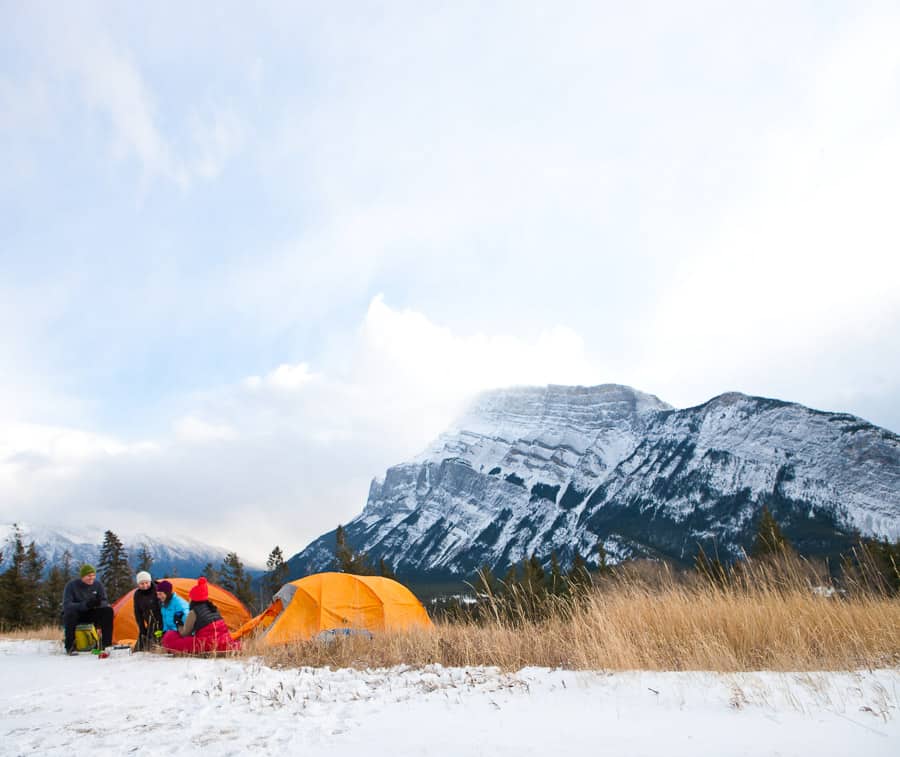
Camping in Alberta: Resources
- If your fave campsites in the national or provincial parks are quickly sold out, don’t despair! An Alberta man has created Schnerp.com, a site dedicated to scanning reservation websites for openings due to cancellations. Sign up to get notified when a spot comes open at your ideal campsite, and then swoop in there to reserve it!
- Are you an infrequent camper who would rather rent instead of buy? We have an extensive guide to RV rentals in Alberta, and recommend booking an oTENTik (in national parks) or comfort camping (in provincial parks) if you’d rather tent it. Alternatively, check Rent-a-Tent Canada for affordable options in the Banff area.
- Do you like the idea of camping but get annoyed by all the prep? You should probably try “glamorous camping” instead – check out our resource on the best spots to go glamping in Alberta.
- Packing is no small task when you’re going camping, and this checklist will certainly come in handy as you prep.
- Taking out what you bring in is very important to keeping our province clean and beautiful, as well as safe for the next campers. Consider also following these tips for sustainable camping.
- It is not uncommon for fire bans to come into effect during the dry summer months. This means no marshmallow roasting, which can be a bummer, but it’s important to save ourselves and our forests. Find out about current fire bans here.
- Do you want to go backcountry camping in order to do some hunting or fishing in Alberta? Make sure you are very familiar with hunting regulations and all other Alberta regulations.
- Tips on learning basic first aid, what food to bring, and more, can be found in this article with beginner tips to backcountry camping.
- Bring bear spray and keep it handy, especially if you are in the backcountry. Bear encounters are not uncommon. Be mindful of these other tips to ensure your safety around camp regarding bears.
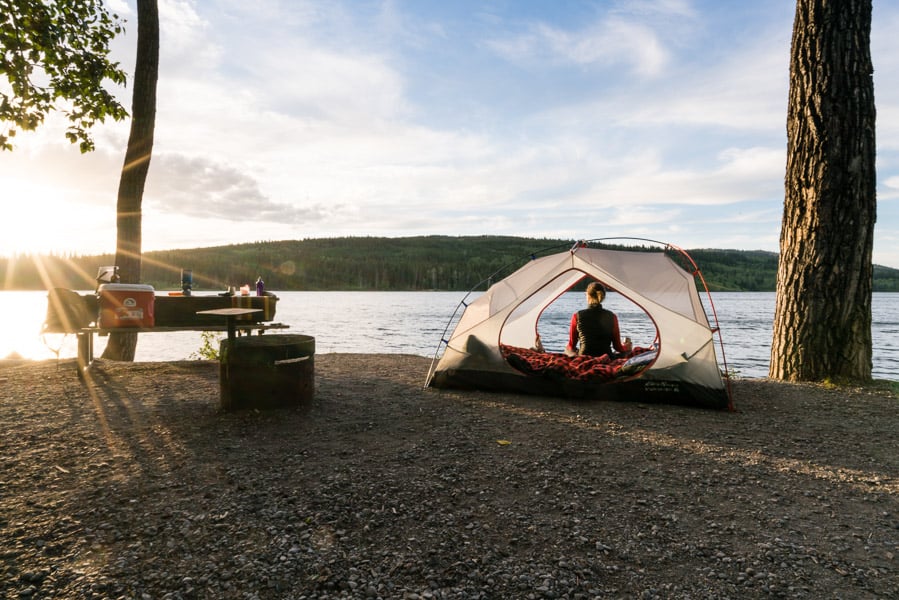
Road tripping to your camping spot is made much more fun if you’re also ticking items off on your FREE Road Trip Alberta bingo cards. Don’t forget to download them before you go!
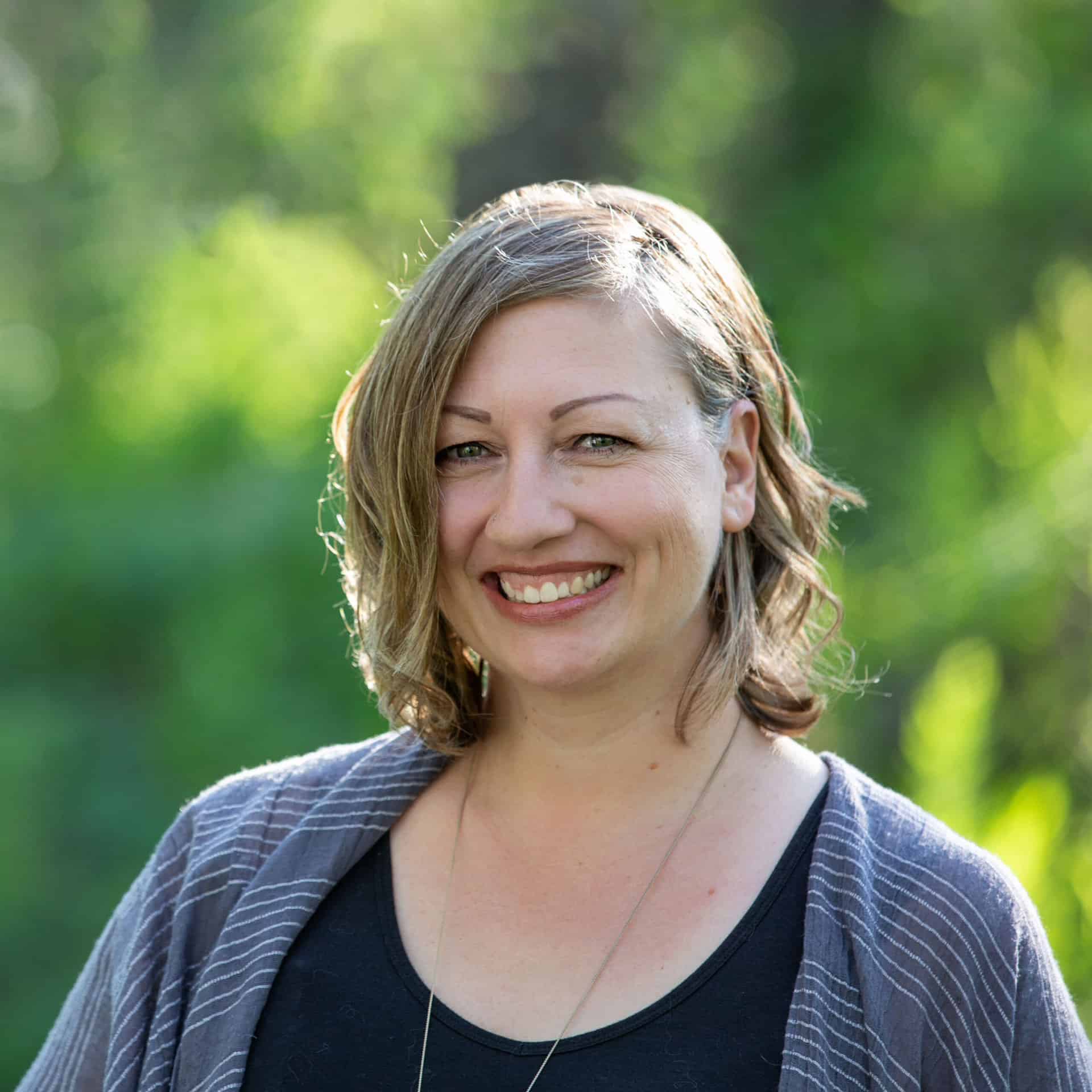
Dalene Heck is a co-founder of Road Trip Alberta. She was born in Edmonton, grew up in the Peace Country, and has ventured to almost every corner of Alberta and the world (she’s travelled to 60 countries)! She is a serial blogger, the CEO of HMI Marketing, co-creator of the Trip Chaser card game, a leukemia-slayer, and cat whisperer.
